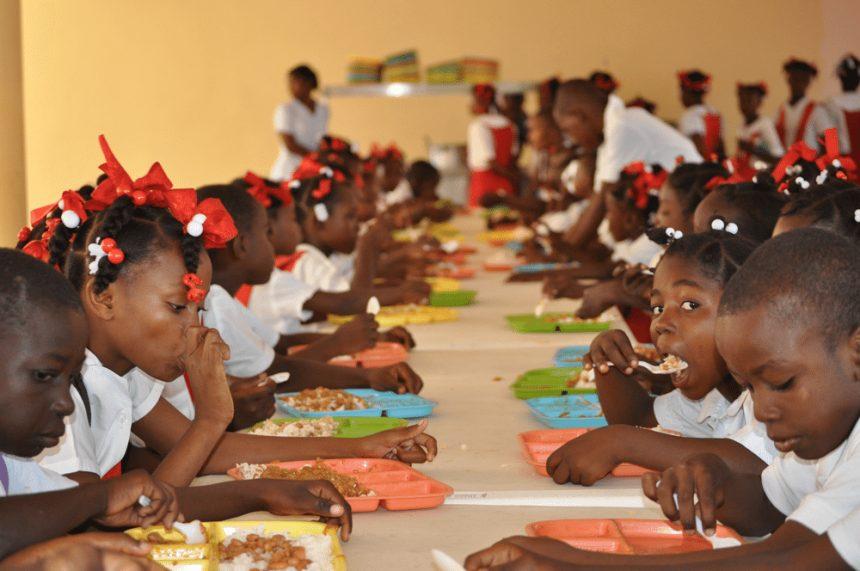In a quest to tackle the alarming rate of out-of-school children, the All-Progressives Congress led Federal Government initiated a school feeding program seven years ago, backed by over N200 billion.
However, a nationwide investigation reveals a grim reality of misappropriation, inefficiency, and poor execution, leaving millions of children like Amirah and Ekene hungry and struggling to stay in school.
Amirah Taofeek, an eight-year-old, hides her tears as her classmates enjoy their meals during break time, highlighting the stark contrast between the intended goals of the National Home-Grown School Feeding Programme (NHGSFP) and its real impact.
Despite the initial objective of addressing malnutrition and boosting school enrollment, the program faces serious challenges, with reports of corruption, irregular food supply, and insufficient portions. The situation is dire, as malnutrition affects over 42% of school children in Nigeria, leading to a 49% absenteeism rate among primary school-age children.
READ ALSO: JUST IN: Police rescue man abducted in Abuja, arrest kidnapper
While the Federal Government claims to have invested N1.3 trillion in various social investment programs, including NHGSFP, the reality on the ground tells a different story. Challenges such as the absence of food vendors, poor food quality, and non-payment of vendors have plagued the initiative, undermining its effectiveness.
In a bid to salvage the situation, President Bola Tinubu recently ordered the revival of the school feeding program, earmarking N100 billion in the 2024 budget. However, skepticism surrounds the program’s potential success, given its troubled history and the need for comprehensive reforms to address systemic issues.
READ ALSO: Kuchibuyi; The Abuja Community with Zero Amenities
As the nation grapples with the issue of out-of-school children and malnutrition, stakeholders emphasize the importance of community involvement, proper funding, and effective monitoring. The future success of Nigeria’s school feeding program remains uncertain, requiring a concerted effort to ensure that no child is left hungry and out of school.



